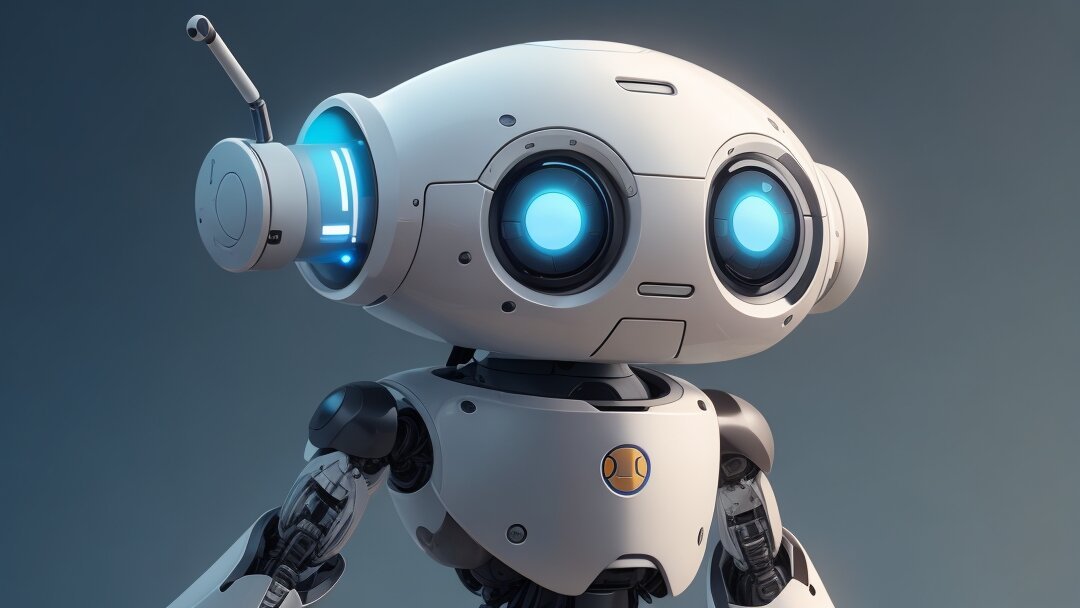What exactly is AI (artificial intelligence)?
Mia / December 16, 2023

Artificial Intelligence (AI) represents a groundbreaking field of computer science that aims to create intelligent machines capable of mimicking human cognitive functions. At its core, AI endeavors to simulate human reasoning, learning, problem-solving, and decision-making processes. Its applications span industries, revolutionizing how we interact with technology and perceive the world around us.
AI operates through algorithms, complex mathematical instructions designed to process data and produce intelligent actions or outcomes. These algorithms enable machines to learn from experience, adapt to new inputs, and perform tasks that typically require human intelligence. Machine Learning (ML), a subset of AI, facilitates this learning process by providing systems with the ability to improve automatically through experience.
One of the primary components of AI is Narrow AI, also known as Weak AI. This form of AI is designed for specific tasks and operates within predefined parameters. Examples of Narrow AI include virtual assistants like Siri or Alexa, recommendation systems on streaming platforms, and image or speech recognition software. These systems excel within their designated domains but lack the breadth of human-like general intelligence.
Contrastingly, General AI (AGI) is a theoretical concept representing AI systems that possess human-like intelligence and cognitive abilities across various domains. AGI would have the capacity to understand, learn, apply knowledge, and solve problems in ways comparable to human reasoning. While AGI remains an aspiration, current AI advancements primarily focus on developing specialized applications within Narrow AI.
Machine Learning serves as the backbone of many AI applications. Within ML, various techniques drive its functionality. Supervised learning involves training models on labeled data, teaching them to make predictions or classifications. Unsupervised learning explores patterns in unlabeled data, revealing hidden structures or associations. Reinforcement learning employs a trial-and-error approach, where algorithms learn by receiving feedback in a dynamic environment.
The proliferation of AI has led to its integration across diverse industries. In healthcare, AI aids in disease diagnosis through image analysis and personalized treatment recommendations. Finance benefits from AI-powered fraud detection systems and algorithmic trading. Transportation sees advancements in autonomous vehicles, powered by AI for navigation and decision-making.
However, alongside its advancements, AI raises ethical concerns. Issues regarding data privacy, algorithmic bias, and the socio-economic impacts of job displacement due to automation require careful consideration. Responsible AI development involves addressing these concerns, emphasizing transparency, fairness, and accountability in AI systems.
The future trajectory of AI holds promise and challenges. Ongoing research aims to push the boundaries of AI capabilities while navigating ethical dilemmas. As AI becomes increasingly integrated into our lives, understanding its potential and limitations becomes paramount in ensuring it serves humanity’s best interests.
In conclusion, AI represents a transformative force reshaping technology and society. Its ability to emulate human intelligence, coupled with its expanding applications, underscores its significance in shaping the future landscape of innovation and progress.